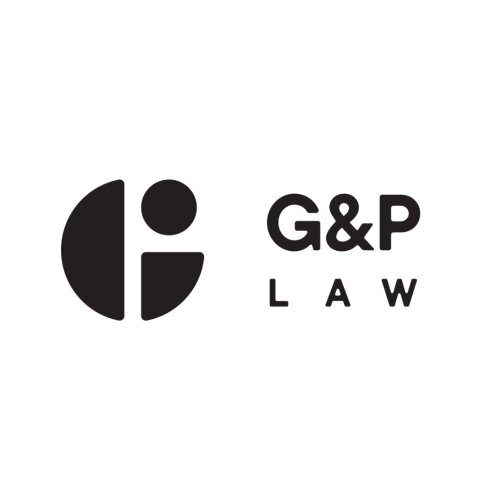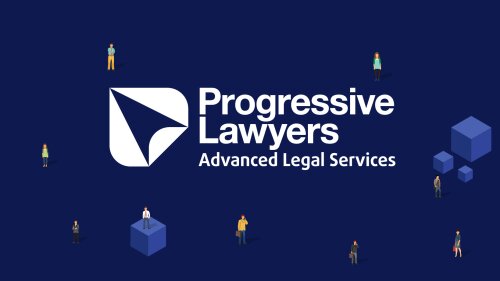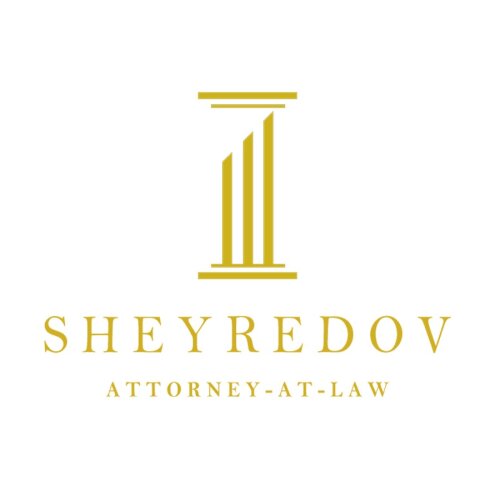Best Energy, Environment & ESG Lawyers in Bulgaria
Share your needs with us, get contacted by law firms.
Free. Takes 2 min.
Or refine your search by selecting a city:
List of the best lawyers in Bulgaria
About Energy, Environment & ESG Law in Bulgaria
Energy, Environment and ESG (Environmental, Social and Governance) law in Bulgaria covers a broad set of regulations and standards designed to manage the country’s resources, protect the environment and ensure responsible practices by businesses and public authorities. Over the past decade, Bulgaria has strengthened its legislative framework to align with European Union directives, emphasizing sustainable development, clean energy, environmental protection, and corporate social responsibility. ESG principles are becoming increasingly relevant, influencing both private and public sector policies. Legal compliance in this field ensures not only adherence to national laws but also access to funding, market opportunities and risk mitigation.
Why You May Need a Lawyer
Many businesses, property owners and individuals may find themselves in situations where expert legal advice in Energy, Environment and ESG is essential. Some common scenarios include:
- Applying for permits to construct or operate energy facilities, such as solar, wind or biomass power plants
- Dealing with environmental impact assessments or compliance with emissions and pollution standards
- Responding to government inspections or sanctions relating to environmental laws
- Navigating land use regulations and managing disputes connected to protected areas or contaminated sites
- Managing corporate ESG obligations, such as sustainability reporting and stakeholder engagement
- Entering into energy purchase agreements or negotiating contracts for supply and distribution of electricity, gas or renewables
- Participating in public procurement or concession procedures in the energy and utilities sector
- Addressing legal challenges related to waste management, water use or resource extraction
Lawyers with expertise in this field can help interpret the complex regulatory environment, represent clients in administrative procedures, advise on best compliance practices and defend clients in court if needed.
Local Laws Overview
Bulgaria’s laws related to Energy, Environment and ESG are predominantly shaped by EU directives and regulations, as well as domestic acts and decrees. Key aspects include:
- The Energy Act regulates generation, transmission, distribution and trade of energy, including renewable energy sources and market liberalization.
- The Environmental Protection Act sets the framework for conservation, pollution prevention, environmental impact assessments and permits.
- The Water Act governs the use, protection and management of water resources, including permitting and licensing requirements.
- The Waste Management Act establishes rules for handling, transportation, recycling and disposal of waste materials.
- Protected Areas Act governs national parks, nature reserves and other protected territories.
- Specific ESG regulations and reporting obligations stem from EU legislation, including the Corporate Sustainability Reporting Directive (CSRD) and green taxonomy criteria, gradually being transposed into Bulgarian law.
- Public procurement and concession rules are set out for energy and environmental projects involving public-private partnerships.
Complying with these laws is crucial for obtaining necessary permissions, financing projects, and avoiding administrative or criminal liability.
Frequently Asked Questions
What permits are required to build a solar or wind power plant in Bulgaria?
You must complete a variety of permitting steps, including land use clearance, environmental impact assessment, grid connection approval, local municipal permissions and registration with the Bulgarian Energy and Water Regulatory Commission.
Which government agencies oversee environmental protection and energy regulation?
Key agencies include the Ministry of Environment and Water, the Executive Environment Agency, the Ministry of Energy, and the Energy and Water Regulatory Commission.
What are the main requirements for environmental impact assessments?
An Environmental Impact Assessment (EIA) must evaluate potential effects of a project on the environment, including flora, fauna, water, air and cultural heritage. Detailed documentation and public consultations are typically required.
How does Bulgaria encourage renewable energy?
Bulgaria offers support through feed-in tariffs for certain renewables, simplified grid access procedures and national strategies aiming to increase the share of green energy in the overall energy mix.
What ESG obligations do Bulgarian companies face?
Large companies and financial institutions are gradually required to disclose ESG practices, sustainability risks and impacts, in alignment with EU regulations on non-financial reporting.
Can individuals or NGOs challenge environmental decisions?
Yes, Bulgarian law allows citizens and non-governmental organizations to participate in consultations and appeal administrative decisions related to the environment in court.
What are the penalties for breaching environmental laws?
Penalties vary from administrative fines to operational restrictions or criminal liability in cases of severe pollution or environmental damage.
Are there rules concerning energy efficiency for businesses?
Yes, businesses must comply with requirements for energy audits, efficiency measures and reporting obligations outlined in the Energy Efficiency Act and related regulations.
Who is responsible for waste management compliance?
Manufacturers, distributors and waste operators must ensure compliance with collection, recycling and disposal obligations. Some responsibilities may be delegated through extended producer responsibility schemes.
Is foreign investment welcome in the Bulgarian energy sector?
Yes, foreign investors are welcome and subject to the same legal requirements as domestic investors. Understanding local regulations is key to a successful market entry.
Additional Resources
If you need further information or support, the following bodies and organizations can be of assistance:
- Ministry of Environment and Water - administrative body for environmental policy and permitting
- Bulgaria’s Energy and Water Regulatory Commission - energy licensing and market oversight
- Executive Environment Agency - environmental monitoring and data
- Association of Environmental Lawyers in Bulgaria
- Bulgarian Industrial Association - offers ESG resources for companies
- Bulgarian NGO Network for Sustainable Development
These organizations can provide insights, guidance on legislation, and sometimes support or refer you to qualified legal professionals.
Next Steps
If your situation involves Energy, Environment or ESG issues in Bulgaria, consider the following steps:
- Collect and review all relevant documents related to your case or project, such as permits, contracts, or correspondence with authorities
- Define your objectives, challenges, and timeline clearly before consulting a legal expert
- Contact a lawyer or law firm specializing in Energy, Environment and ESG law, preferably with experience in your specific area of concern
- Prepare a list of questions and concerns to discuss during your initial consultation
- Follow your lawyer’s guidance regarding further documentation, procedural steps or meetings with authorities
Timely and informed legal advice can greatly increase the likelihood of a positive result, avoid costly mistakes, and ensure compliance with all relevant regulations.
Lawzana helps you find the best lawyers and law firms in Bulgaria through a curated and pre-screened list of qualified legal professionals. Our platform offers rankings and detailed profiles of attorneys and law firms, allowing you to compare based on practice areas, including Energy, Environment & ESG, experience, and client feedback.
Each profile includes a description of the firm's areas of practice, client reviews, team members and partners, year of establishment, spoken languages, office locations, contact information, social media presence, and any published articles or resources. Most firms on our platform speak English and are experienced in both local and international legal matters.
Get a quote from top-rated law firms in Bulgaria — quickly, securely, and without unnecessary hassle.
Disclaimer:
The information provided on this page is for general informational purposes only and does not constitute legal advice. While we strive to ensure the accuracy and relevance of the content, legal information may change over time, and interpretations of the law can vary. You should always consult with a qualified legal professional for advice specific to your situation.
We disclaim all liability for actions taken or not taken based on the content of this page. If you believe any information is incorrect or outdated, please contact us, and we will review and update it where appropriate.
Browse energy, environment & esg law firms by service in Bulgaria
Bulgaria Attorneys in related practice areas.
Browse energy, environment & esg law firms by city in Bulgaria
Refine your search by selecting a city.
















